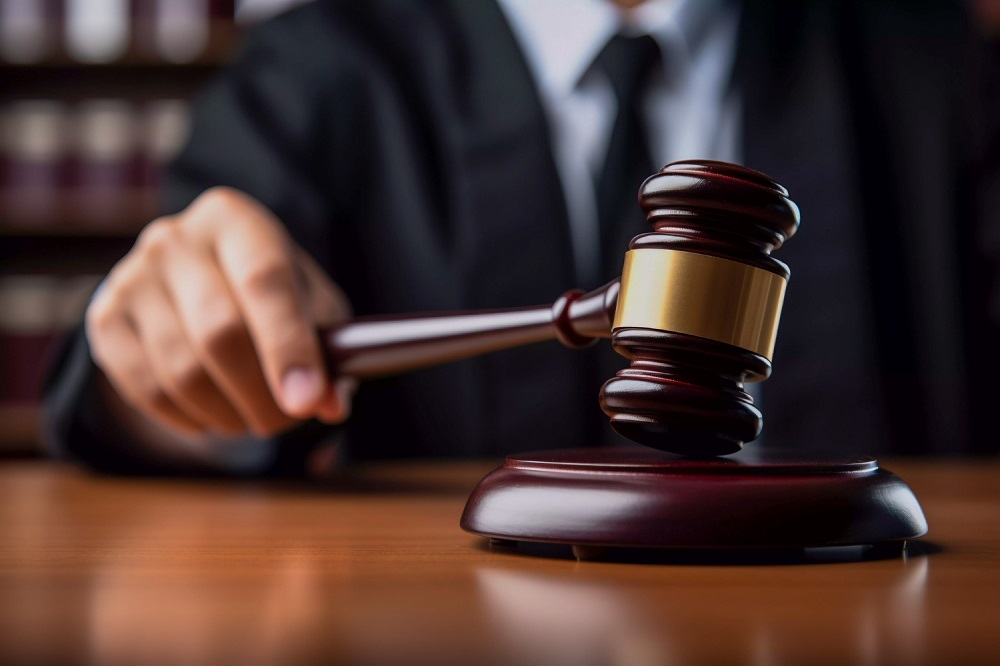In the vast landscape that constitutes our legal framework, one profession often induces intrigue and curiosity; the criminal lawyer. What lies at the core of their operations? Are they just legal mercenaries or do they also serve a broader societal function? The ethos imprinted in films and media often provide an unrealistic portrayal, perpetuating stereotypes that may not reflect the true nobility this profession carries. In today’s blog, we attempt to peel back the curtain, and delve into the world of criminal law, focusing on the role and responsibilities of a criminal lawyer.
The topic is multi-faceted. On one hand, a criminal lawyer stands akin to a warrior battling on behalf of their clients, safeguarding their rights. They navigate the dense labyrinth of the law, ensuring that no stone is left unturned in the pursuit of justice. On the other hand, they are the custodians of the constitution; the defenders of the marginalized who seek their council for fair treatment. At times, they may also enact like a bridge, facilitating the process of reconciliation.
So, join us, as we steer away from stereotypical images and explore the daily operations, duties and significance of a criminal lawyer. In understanding their role, we also gain insight into the mechanisms of our justice system – a system that’s inherently entwined with our core societal values.
Who Is A Criminal Lawyer?
A criminal lawyer, also known as a criminal defense lawyer, is a legal professional who specializes in the defense of individuals and companies charged with criminal conduct. They represent clients on an array of criminal matters, ranging from minor offenses to major criminal charges. Unlike what commercial movies often suggest, a criminal lawyer’s life is immersed in a balance of analysis, negotiation, client counseling, procedural formalities and court appearances.

What Is The Role Of A Criminal Lawyer?
In the legal scheme, a criminal lawyer holds a pivotal role. They are responsible for representing their clients, upholding their rights, preparing and presenting the case in court. They shield the client from the brunt of the legal storm, making sure that they are aware and prepared for the potential outcomes.
The Scope Of Practice
Criminal lawyers handle cases varying on numerous parameters – the nature and extent of the crime, the severity of charges, the jurisdiction, and the unique circumstances surrounding each case. Each case is like a cryptex that needs meticulous and detailed attention.
The Skill Set Of A Criminal Lawyer
To swim in the vast oceanic corpus of criminal law, a criminal lawyer necessitates a certain skillset. Knowledge of law, critical thinking, negotiation skills, and excellent communication abilities are just the tip of the iceberg. They often are required to delve deep into investigative work, calling for a blend of analytical acumen and creativity.

The Pros And Cons Of Being A Criminal Lawyer
Like any career, the profession of a criminal lawyer has its pros and cons. The profession offers intellectual stimulation, the opportunity to make a difference and financial reward. However, it also has its share of disadvantages like high stress, long hours and unpredictable outcomes.
Ethical Responsibilities Of A Criminal Lawyer
A criminal lawyer’s job is not just about winning cases; they also shoulder hefty ethical responsibilities. They must uphold lawyer-client privilege, avoid conflicts of interest, and never knowingly represent a client in criminal activity.
To sum it all up, a criminal lawyer steps into shoes larger than the individual they portray. They are a shield for their clients, warriors in the courtroom, and custodians of justice in society. The gravity of their role makes it crucial for future lawyers to truly understand their responsibilities and the impact of their actions within the domino effect of societal structures. As we continue to strive for a more balanced, fair, and compassionate society, it is these unsung heroes in black robes that often usher us closer to our ideals. They are the unsung architects, constructing the path to justice, one case at a time.


